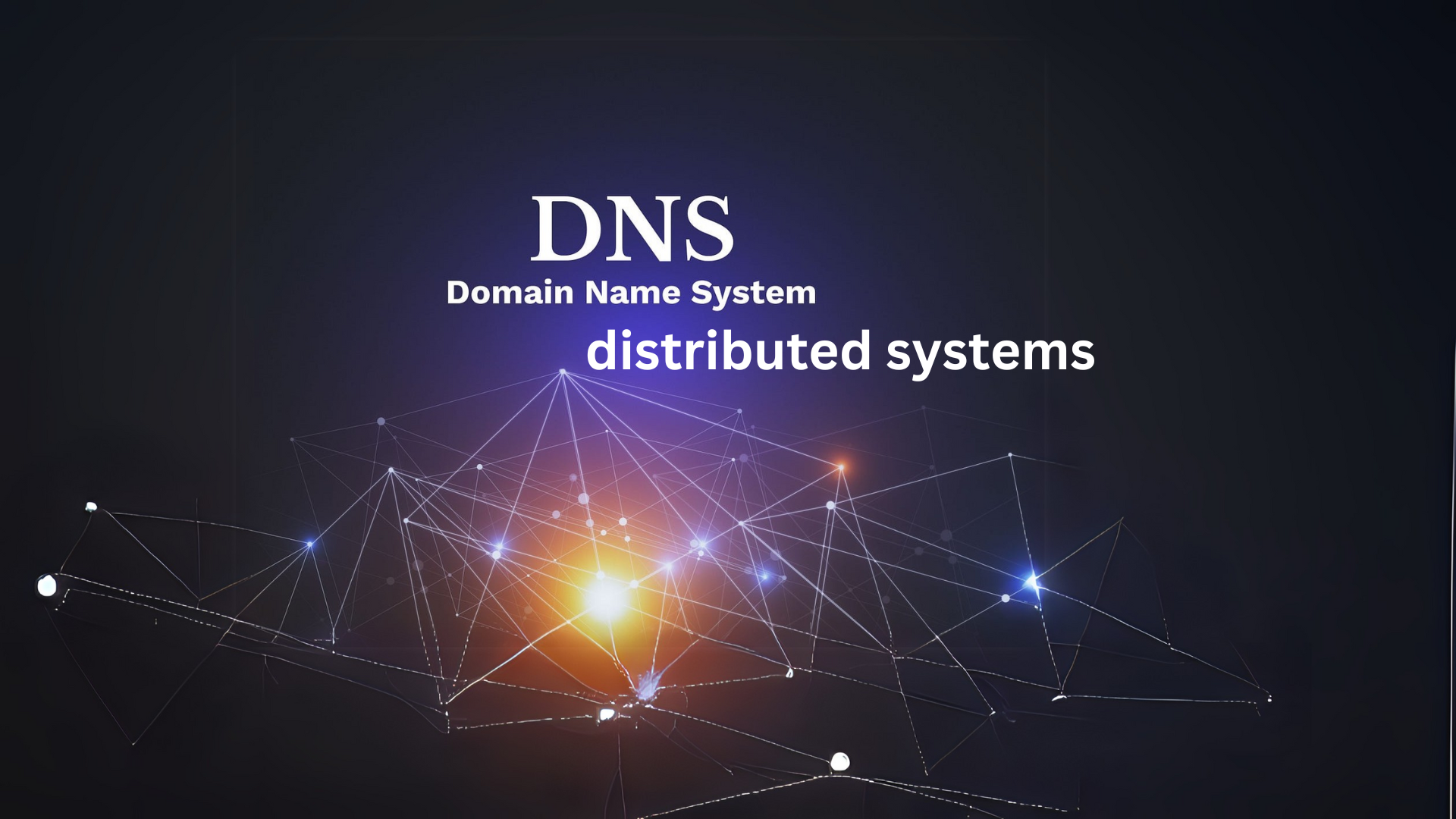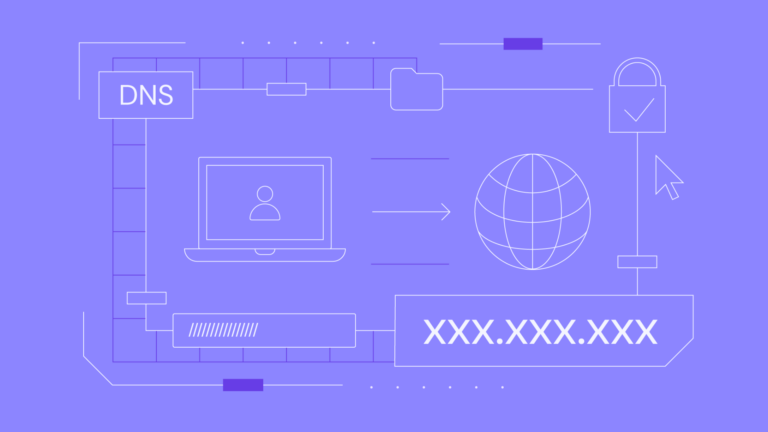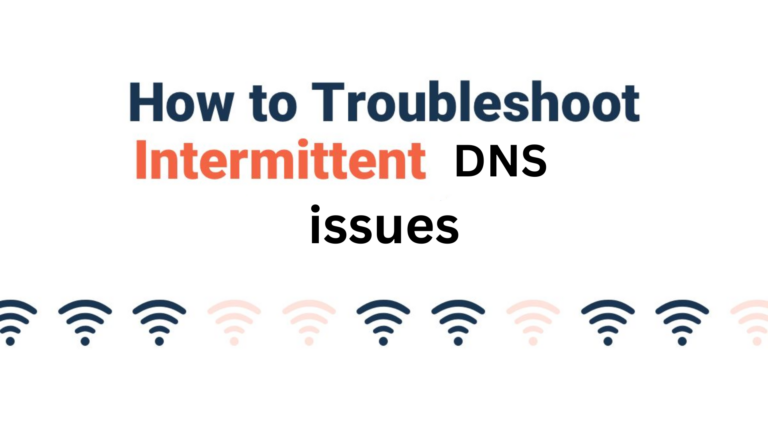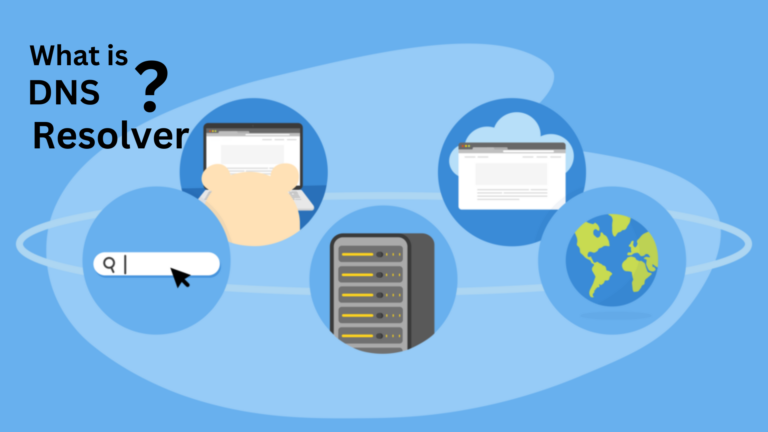How does DNS operate in distributed systems?
In the world of computers and networks, DNS (Domain Name System) is a fundamental part of how everything connects. When you type a website address, like www.example.com, into your browser, your computer needs to know where to find that website. This is where DNS steps in, helping computers communicate with each other smoothly.
In this article, I’ll explain how DNS operates in distributed systems in simple terms, making it easy for anyone to understand.
What is DNS?
DNS is like the phonebook of the internet. Just like a phonebook links people’s names to their phone numbers, DNS links website names (like www.example.com) to their unique addresses (called IP addresses). These IP addresses are what computers actually use to find each other and send information back and forth.
Without DNS, you would have to remember a bunch of numbers instead of simple website names. Imagine trying to remember the IP addresses of all your favorite websites!
What is a Distributed System?
A distributed system is a network of computers working together to achieve a common goal. These computers are spread across different locations but function as if they are one system. Think of it like a team of people working on a project, each contributing from their own place, but all working toward the same result.
For example, the internet itself is a massive distributed system. It’s made up of millions of computers, each doing its part to keep things running smoothly.
How DNS Works in a Distributed System
In a distributed system, DNS helps direct traffic across multiple computers. Here’s how it works:
1. You Type a Website Address
When you type in a website’s name (like www.example.com), your computer doesn’t know exactly where to go right away. It needs to find the website’s IP address.
2. DNS Lookup Starts
Your computer first asks a DNS server (a special computer that handles DNS) to look up the IP address of the website. The DNS server is like the first person you ask when you need help finding someone’s contact info in a phonebook.
3. DNS Servers in Action
In a distributed system, there’s not just one DNS server. Instead, DNS servers are spread across the globe. There are different types of DNS servers that work together:
- Root DNS Servers: These are the top-level servers that know where to find the main servers for different parts of the internet. Think of them like the starting point in a treasure map.
- TLD (Top-Level Domain) Servers: These servers know where to find information for specific parts of the domain, like “.com” or “.org”.
- Authoritative DNS Servers: These are the final stop. They have the exact information (the IP address) for the website you’re looking for.
4. Getting the Answer
Once the DNS servers pass your request along, you get the IP address you need. With that, your computer can now connect directly to the website.
5. Caching for Speed
To make this process faster, DNS servers store (or “cache”) information about websites they’ve looked up before. This means the next time you visit a website, your computer doesn’t have to go through the whole process again—it already knows where to go!
Why is DNS Important in Distributed Systems?
DNS is crucial in distributed systems for several reasons:
- Scalability: With millions of websites and services on the internet, DNS makes it possible to handle requests from users worldwide.
- Reliability: Because DNS is spread out over many servers, even if one server goes down, others can still keep the system running.
- Load Balancing: DNS helps distribute traffic evenly across different servers, preventing any one server from getting overloaded.
- Fault Tolerance: DNS helps ensure that if one server fails, the system can still function by redirecting traffic to other servers.
Key Takeaways
- DNS acts as the address book for the internet, linking website names to their IP addresses.
- In distributed systems, DNS is spread out over many servers to improve reliability and speed.
- DNS helps systems scale by directing traffic to the correct places and balancing the load.
- Caching makes DNS faster by remembering past lookups.
DNS might seem like something that happens behind the scenes, but it plays a vital role in making the internet work smoothly, especially in large distributed systems. By understanding how it works, we can appreciate the complex yet efficient system that allows us to browse the web with ease.






